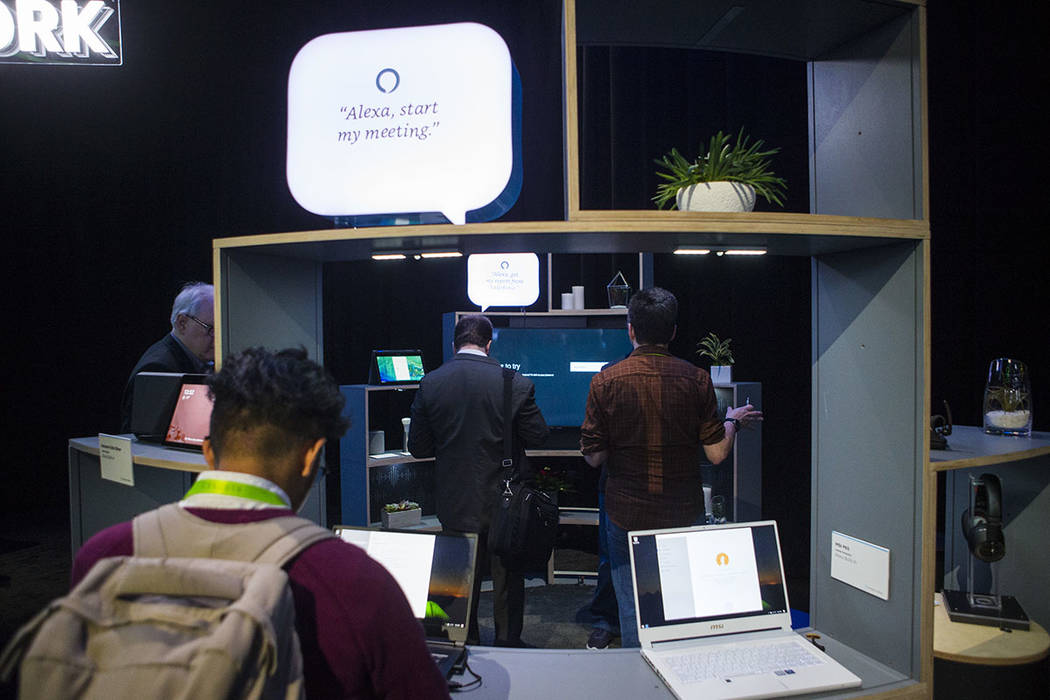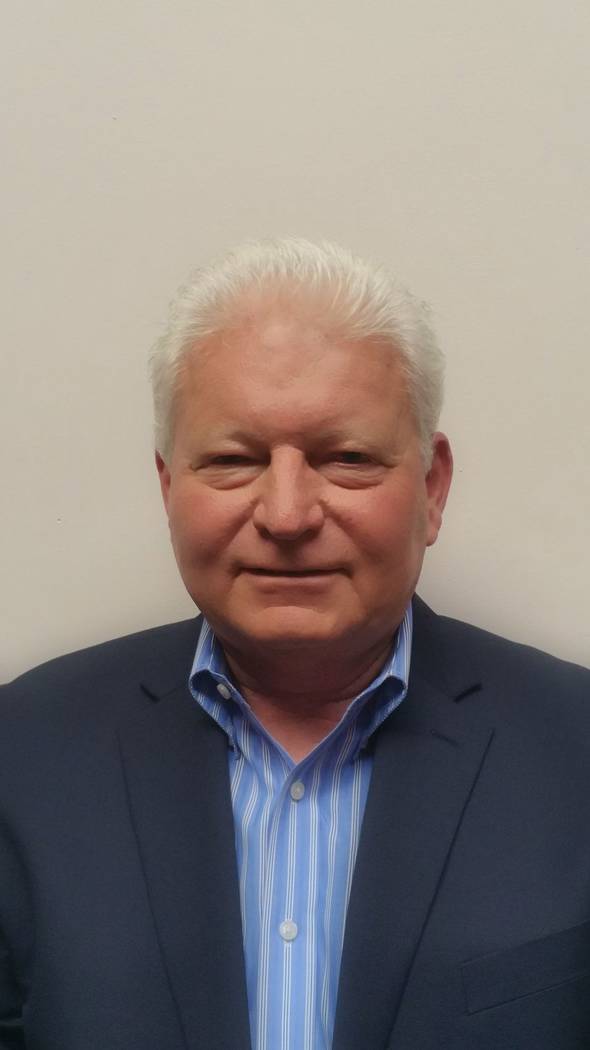Tim Burke: New technology is useful, but someone may be listening
In 1986, the popular TV series Star Trek released its fourth full-length motion picture, featuring the original TV cast members. The movie, “Star Trek IV: The Voyage Home,” had the crew of the Enterprise traveling back in time to the United States in the 1980s.
In one memorable scene, Scotty, the Enterprise’s chief engineer, asks to use a 1980s computer. He walks over to the computer and says “computer.” Silence. Then Dr. McCoy hands Scotty the computer mouse and while holding it to his mouth Scotty says, “hello computer.” Again silence. The third movie character in the scene (from 1986 earth) tells Scotty to use the keyboard to which Scotty replies “a keyboard, how quaint.”
Fast forward to 2019 and voice-activated devices are everywhere. You are able to text on your cellphone or get driving directions by using your voice. You can command your home appliances with your voice. You can control your house lighting, your window blinds, your heating and air conditioning, and add items to your calendar.
Using a remote control and voice commands you can look for movies, sports, and a host of other entertainment options on your smart TV. You can greet guests at your front door over your phone or tell the delivery person where to leave a package.
The hot item that Amazon, Google, and Apple are promoting this holiday shopping season are Bluetooth and Wi-Fi enabled smart speakers for your home. Using artificial intelligence (AI) these devices listen for your voice to command them. They can be very useful and a time saver but are they safe? According to a recent report published in Bloomberg, someone could be listening to your conversations in your home.
Most smartphones, laptops, internet-connected TVs, Amazon Echo, Google home, Facebook Portal, and apps, which are using the microphone can listen to the outside environment. That includes whatever you’re chatting about in the privacy of your own home.
According to these companies, the devices are waiting for you give them a command to activate them, but even before these words are uttered, your conversations are being recorded. Tech companies say they’re recording to improve the device or app’s algorithm. But even if it’s for training purposes, someone’s still listening.
Amazon.com Inc. employs thousands of people around the world to help improve the Alexa digital assistant powering its line of Echo speakers. The team listens to voice recordings captured in Echo owners’ homes and offices. The recordings are transcribed, annotated and then fed back into the software as part of an effort to eliminate gaps in Alexa’s understanding of human speech and help it better respond to commands. The Alexa voice review process, described by people who have worked on the program, highlights the often-overlooked human role in training software algorithms.
In marketing materials, Amazon says Alexa “lives in the cloud and is always getting smarter.” But like many software tools built to learn from experience, humans are doing some of the teaching.
Amazon, in its marketing and privacy policy materials, doesn’t explicitly say humans are listening to recordings of some conversations picked up by Alexa. “We use your requests to Alexa to train our speech recognition and natural language understanding systems,” the company says in a list of frequently asked questions. In the disclosures that each company furnishes to consumers, when you agree to use their service you are giving them permission to listen to your conversations.
These devices can be very useful, especially for seniors or individuals with physical limitations. By using voice commands, they can access entertainment and services that they might not otherwise be able to. Just keep in mind, someone may indeed be listening.
Tim Burke is a businessman, philanthropist, educator and Nye County resident.


















